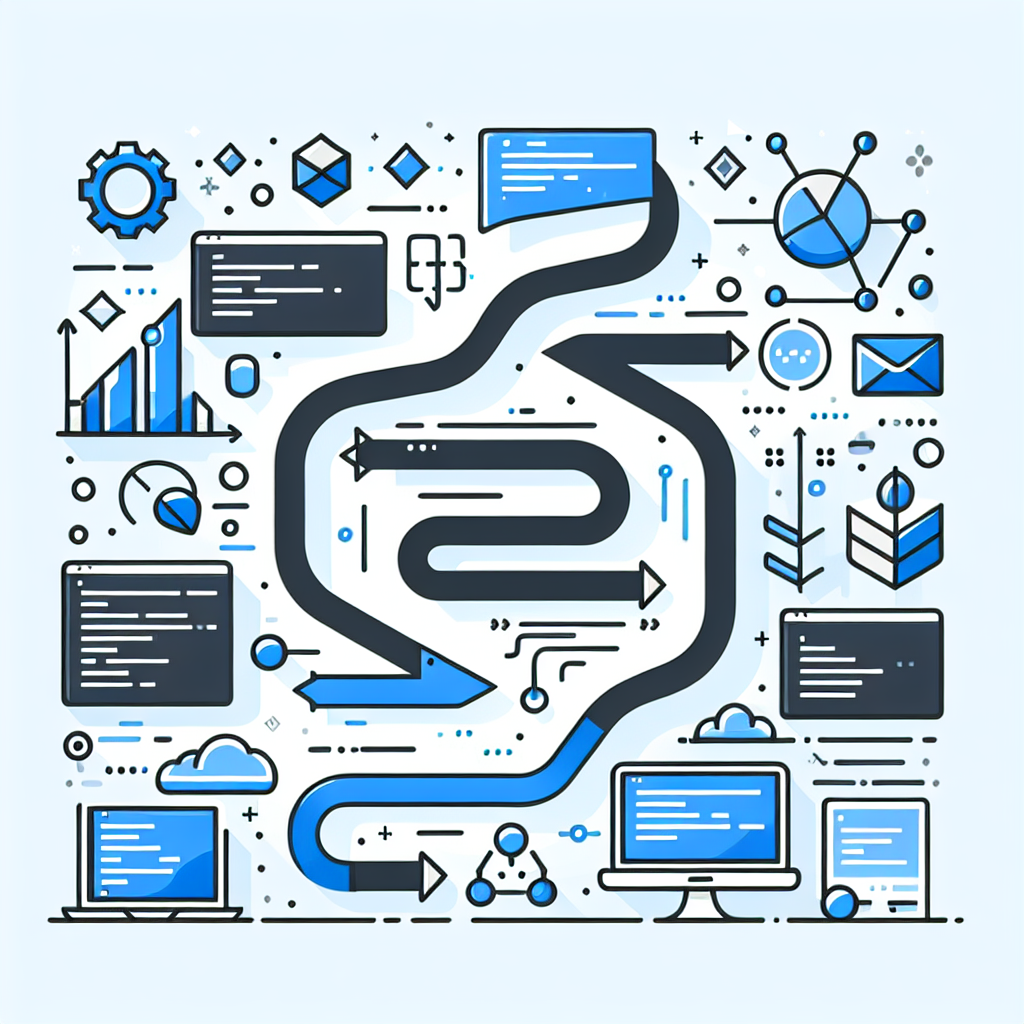Java to Kotlin Converter: Seamless Code Transition
Effortlessly convert Java to Kotlin with our intuitive tool. Enhance code efficiency and streamline your development process. Try it now for seamless transition!
Source Code
Converted Code
Output will appear here...
Transform your code effortlessly with the Java to Kotlin tool, designed to streamline your migration process and enhance your apps performance. This converter ensures seamless compatibility while reducing code verbosity and enhancing readability. Perfect for developers aiming to modernize Java applications and leverage Kotlins concise syntax for Android development.

Java to Kotlin Converter Tool Link to this section #
The Java to Kotlin converter is an essential tool for developers looking to migrate their codebase from Java to Kotlin efficiently. Kotlin, known for its concise syntax and modern features, offers seamless interoperability with Java, making it a popular choice for Android development and beyond.
Key Features Link to this section #
- Automatic Conversion: Instantly convert Java code to Kotlin with high accuracy, reducing the need for manual intervention.
- Code Optimization: The tool optimizes the converted code by leveraging Kotlin's expressive syntax and null safety features.
- Interoperability Support: Ensures that the converted Kotlin code works flawlessly with existing Java libraries.
Benefits of Using a Java to Kotlin Converter Link to this section #
- Time Efficiency: Save hours of manual coding by automating the conversion process.
- Improved Code Quality: Take advantage of Kotlin's features such as type inference, extension functions, and data classes to enhance code readability and maintainability.
- Reduced Errors: Minimize runtime errors with Kotlin's null safety and concise syntax.
Example Conversion Link to this section #
Here’s a simple example of how a Java to Kotlin conversion might look:
Java Code:
public class HelloWorld {
public static void main(String[] args) {
System.out.println("Hello, World!");
}
}
Converted Kotlin Code:
fun main() {
println("Hello, World!")
}
Additional Resources Link to this section #
The Java to Kotlin converter is an indispensable tool for developers transitioning to Kotlin, allowing them to harness its robust features while maintaining compatibility with Java codebases.
Frequently Asked Questions
What are the main advantages of converting Java code to Kotlin?
Converting Java code to Kotlin offers several advantages, including improved code readability, reduced boilerplate code, enhanced null safety, and interoperability with existing Java code. Kotlin also introduces features like extension functions, lambdas, and coroutines, which can improve productivity and code maintainability.
Is it difficult to migrate a Java project to Kotlin?
Migrating a Java project to Kotlin is generally straightforward due to Kotlin's seamless interoperability with Java. Tools like IntelliJ IDEA offer built-in support to convert Java code to Kotlin. However, the complexity of migration can vary depending on the size and complexity of the project. Testing and gradual migration are recommended strategies to ensure a smooth transition.
Can I use Java libraries and frameworks in a Kotlin project?
Yes, you can use Java libraries and frameworks in a Kotlin project. Kotlin is fully interoperable with Java, meaning you can call Java code from Kotlin and vice versa without any issues. This makes it easy to integrate existing Java libraries and frameworks, allowing for a flexible development environment.